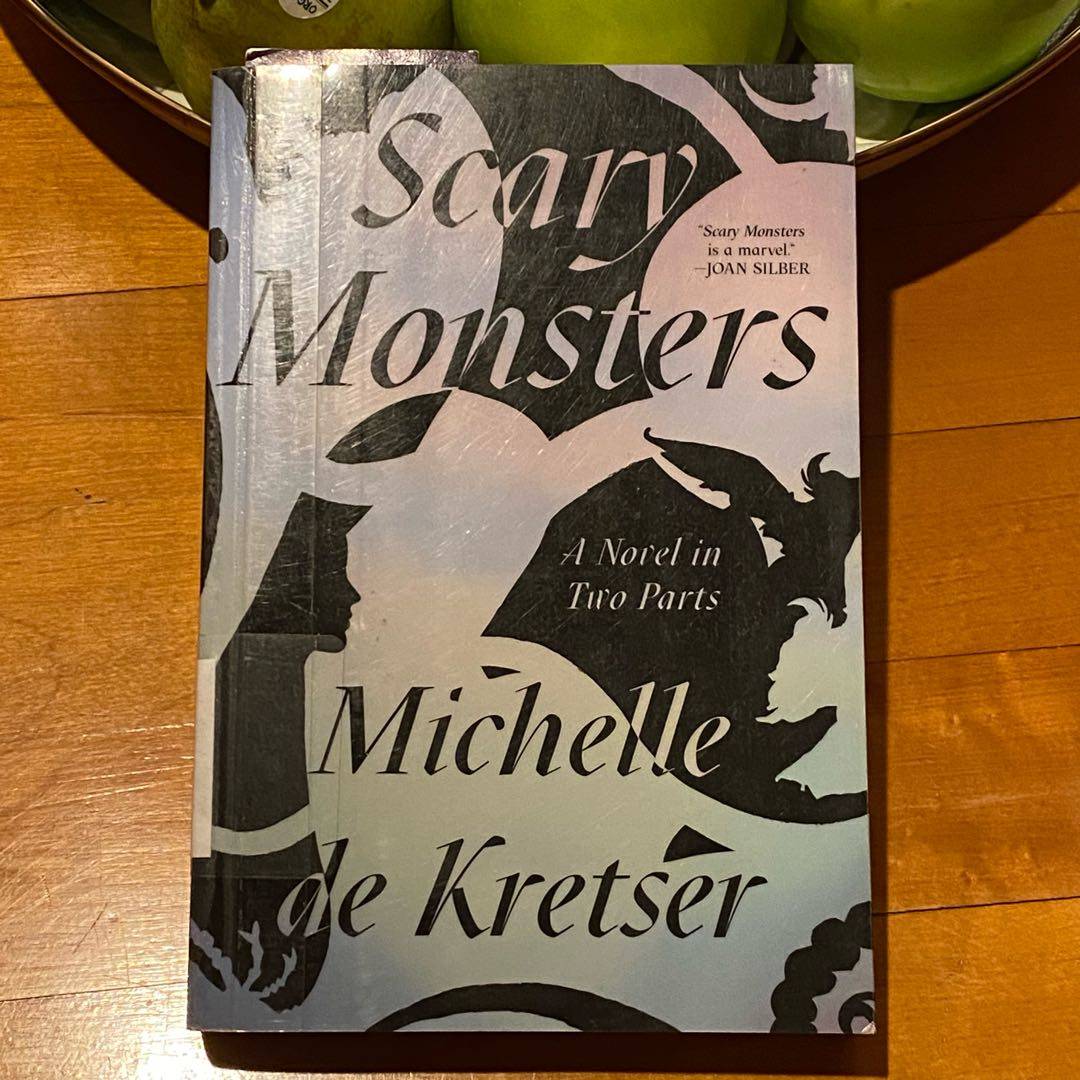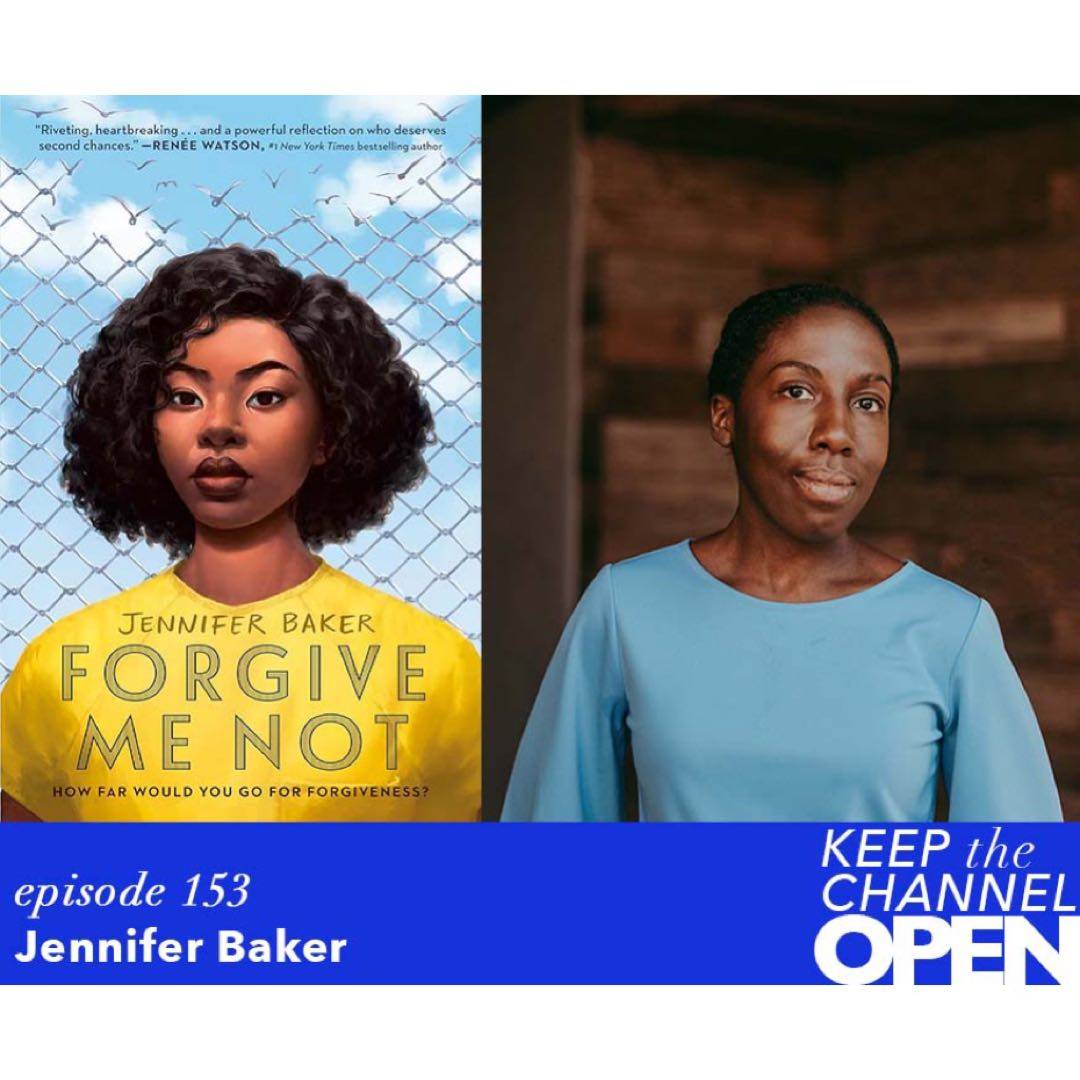
Next

I think whether you are new to activism and organizing or are returning after a break, there is a lot of useful practical information here. It‘s not a “how-to,” exactly, but the authors share lessons that show how organizing works in the day-to-day, showing you how it‘s not about heroism but rather that it‘s an action anyone can do when we prioritize interdependence and connection.
To me this read sort of like an SF take on The Count of Monte Cristo, and while that structure can be compelling, I'm just not super into revenge stories. What I found most interesting about reading this one was noticing the ways it influenced later SF—I recognize some of its DNA in the worldbuilding of the early Expanse novels, for example. In the end, I did enjoy this book but it is very much a product of its time, with everything that implies.
I've always found marine life fascinating but I've never considered it before as a metaphor and vehicle for examining queer, mixed-race love, identity, and self-knowledge. The result is beautiful and insightful, affirming and moving. I'd heard nothing but absolutely glowing reviews before reading it, and I think it lived up to the hype. I'm glad I read it.
I‘m not sure I could summarize what this book is about. It‘s kind of about love? And regret, I guess. But kind of neither? It‘s often funny in a dry, judgmental way. Very well-observed characters. Interesting but, for me, not exactly moving.
I think the thing that is most interesting but also most upsetting about this book is that it was written in 1995 but is still so relevant. Obviously hooks is brilliant, but it means that the state of discourse around art, race, and gender has really not progressed much in the past 30 years.

For today‘s #ChannelOpenPod, writer and podcaster Jennifer Baker joins me for a conversation about her debut YA novel, Forgive Me Not!
Topics discussed:
• Writing about serious topics for younger readers
• How different systems of oppression affect her characters
• Finding inspiration in other art forms
Subscribe to Keep the Channel Open in your favorite podcast app, or visit keepthechannelopen.com for full episodes, transcripts, and show notes!
I picked this one up on a whim when I was at a local bookstore for a reading a while back. The narrator's voice is very well realized, which was a bit difficult at times considering that he‘s self-absorbed, self-deluding, and generally obnoxious and cringy in the way that so many of us were in our early 20s, including me. Still, it's an interesting and often very funny story.
The only reason I didn‘t finish this in one sitting is because I had appointments this morning. There‘s something remarkable about how the book tells you what it‘s doing the whole time, and yet it never feels didactic or too clever. Really liked it.
I think what Nicole Chung does here in terms of portraying the landscape of grief is very moving, and very familiar to my experience of different kinds of grief. Beautifully written, and a beautiful testament to her and her parents' love.
It's interesting to see a fantasy series thinking about technology and human progress in a way that doesn't fall back on the conservatism that underlies much of the genre. Not a perfect series but one I enjoyed, and appreciated for what it attempted.
I'm not entirely sure how to describe this one. It struck me as somewhat Borgesian in how its world is constructed, but also there are sections that read like contemporary litfic? Like, it is epic fantasy and also... not? Interesting, though. And novel, at least for me. Never read anything quite like it.
There were things I liked about this one—the best friend is very funny, the dynamic between the heroine and her daughter, and between her and her grandparents—but I'm coming to wonder if I'm just not that into contemporaries when it comes to romance. That would be entirely due to my own idiosyncracies, of course, and not any fault of the genre or subgenre.
I really like what Daniel is doing by telling the same story through different viewpoints, but instead of different individual POVs, using class as the distinction. And particularly how that subverts or works across genre norms, since the series moves from underclass to middle class to, presumably, elites in the finale. Really interested to see how this series ends.
It‘s interesting to be reading this series just after the first book of the Kithamar trilogy. They‘re not the same but I feel like they‘re interested in some of the same things. Maybe? Anyways, I‘m looking forward to seeing how this series concludes.
I always appreciate Daniel‘s takes on epic fantasy, not least because the worlds feel so lived-in. I think that‘s in part because he pays attention to economics and class in ways the genre often obscures. Epic fantasy is a genre mostly about upheaval and war, and that‘s being set up here. But the focus is explicitly away from the politics and heroes, and on the everyday lives. Really interested to see where this series goes.
The love story in this one is very sweet and often funny, and the dialogue sparkles throughout the book. But I think what really pulls me in with this one is the fantasy of what America and American politics could be. It reminded me a little bit of the movie The American President in that way, where we ultimately have a story in which the better angels of our nation actually win. And isn‘t that what we would all truly love to see for a change?
A friend of mine loaned this to me because I had expressed that I wish I knew how to talk about paintings. I‘m not sure this is great as a primer on how to understand painting, but it is a fascinating look at how artists think about their influences and what they like and admire.
The topics of Japanese Americanness and diaspora and imperialism and aging and ancestors and family stories and death and legacy, these are are perhaps the central questions of my own life. It was meaningful to me to see someone else grapple with these same questions, even if perhaps the way he engages with them is somewhat different from how I do. Or perhaps it was meaningful because of that difference. But it was interesting, to say the least.
I think this book does what it sets out to do, and certainly it is very popular. I think what I‘m discovering as I‘m exploring the romance genre is that I‘m just not that interested in sex scenes. And this one felt a little light in terms of other plot and characterization to me.
There is a lot in this book about addiction, obsession, money, patriarchy, rape culture, and the tension between parents and children. That latter is what hit me the most, and the final line was just chilling. I think this is Rachel Lyon‘s best work yet.
This has kickass women with swords, a very good horse, and it made me laugh out loud. Truly, everything I wanted it to be.
These poems are full of longing. The trauma of migration, and carrying that weight through life and through generations. A pull between self-loathing and self-acceptance. The way sex can be cathartic or violent or empty or tender. The desire to be good, the fear of not being so, perhaps a question of what that even means.
"What do I know of exile?" the poet asks. There's a lot in here about family and diaspora and racial solidarity, but this question of heritage and inheritance, the question of what belongs to us from the received legacy of our family, is what's sticking with me from these poems.